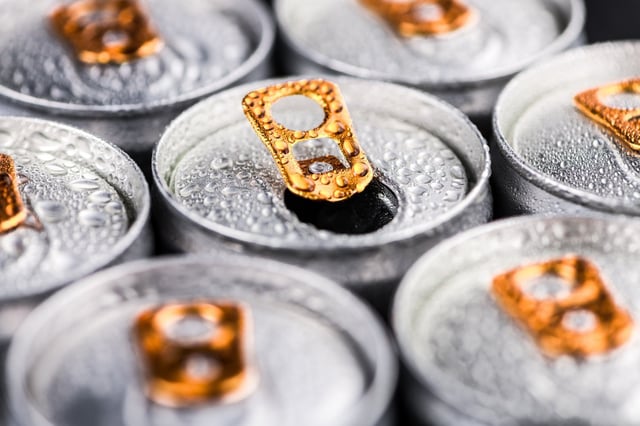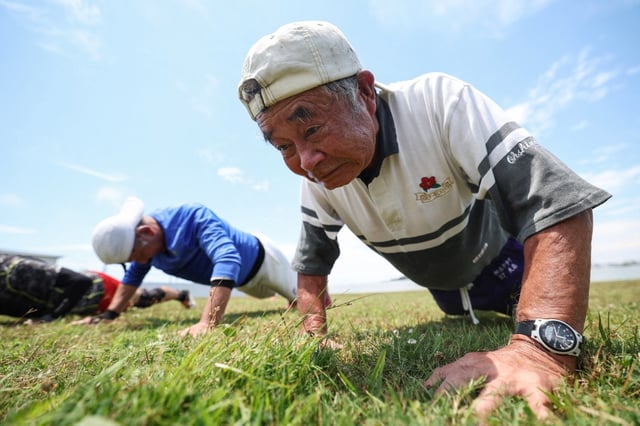Overview
- NIH researchers measured taurine in blood samples from participants in the Baltimore Longitudinal Study of Aging, rhesus monkeys and mice and found levels often increased or stayed constant over decades.
- Correlations between circulating taurine and health metrics such as muscle strength and body weight were inconsistent across sexes, species and age groups, undercutting its marker potential.
- The study’s longitudinal, cross-species design overturns earlier cross-sectional findings that had linked taurine decline to aging, highlighting variability as a key challenge.
- Investigators warn that anti-aging claims for taurine supplements lack support from human trials and should not guide consumer use without clinical validation.
- A randomized clinical trial led by Vijay Yadav at Rutgers is now testing whether taurine supplementation improves health and fitness in middle-aged adults, with results due by late 2025.


